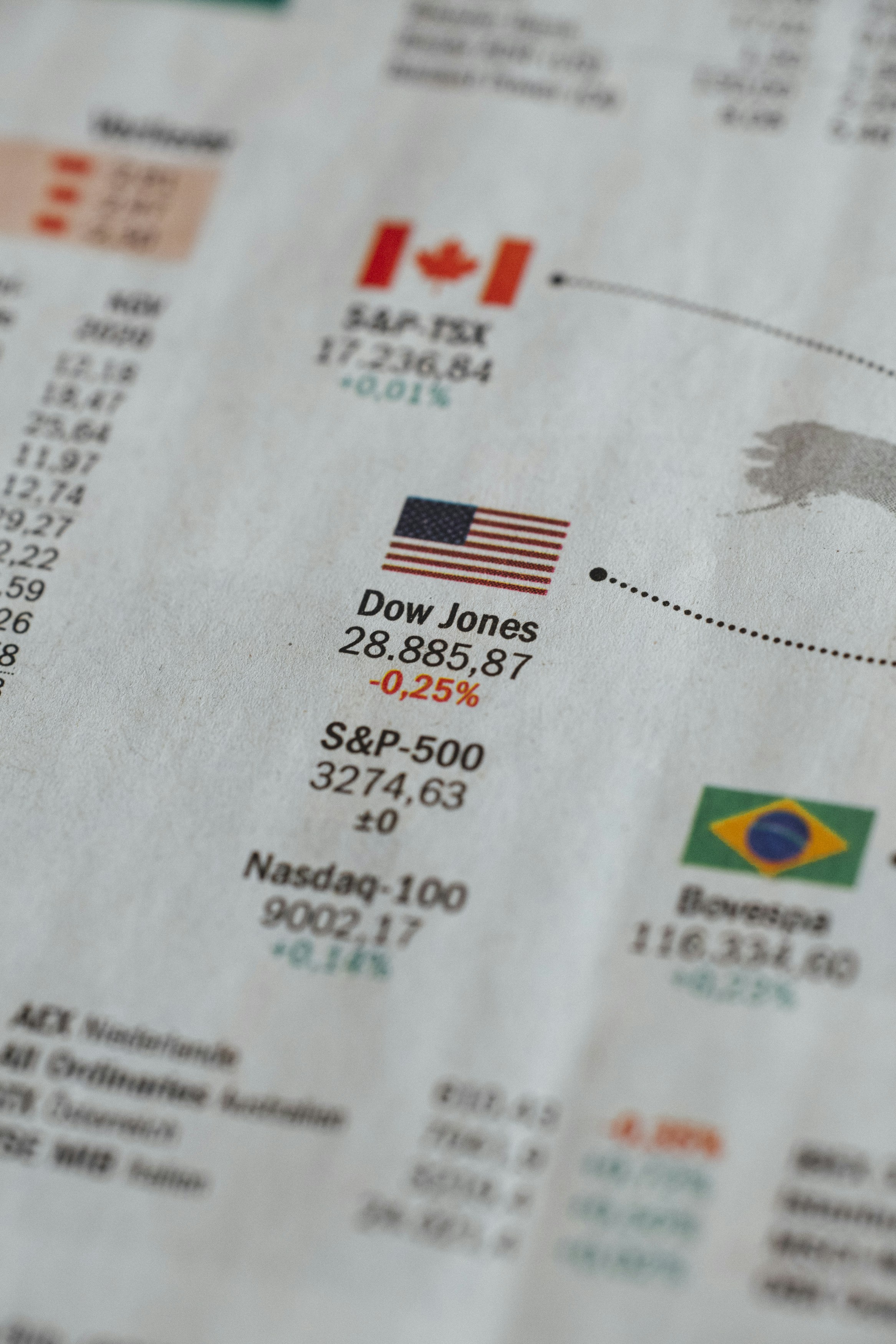
Understanding Large-Cap Stocks
Large-cap stocks are typically shares of companies with a market capitalization exceeding $10 billion. These established entities hold a significant portion of the market, which often makes them less volatile compared to smaller firms. Investors seeking stability often turn their attention towards this segment, particularly during uncertain economic climates.
Expert Insight on Current Market Conditions
According to investment expert Gaurav Misra, large-cap stocks present an attractive opportunity as domestic sectors strive for resilience amidst ongoing tariff uncertainties. The stability provided by large-cap companies can offer investors a safer haven, particularly in a fluctuating marketplace.
Investing Amid Tariff Uncertainty
As trade tensions and tariffs create ripples across various sectors, large-cap companies, especially those rooted in domestic markets, are often better positioned to absorb shocks. These entities typically possess diverse revenue streams, enabling them to maintain steadiness even as external pressures mount. Misra highlights that the prudent allocation of resources and strategic planning seen in large-cap stocks contributes to their allure for cautious investors.
In conclusion, while the market may be fraught with uncertainties, large-cap stocks remain a viable option for those seeking stability. As Gaurav Misra suggests, a focus on well-established domestic sectors could be particularly beneficial, ensuring that investors have a safety net in these challenging economic times.
Discover more from Techtales
Subscribe to get the latest posts sent to your email.